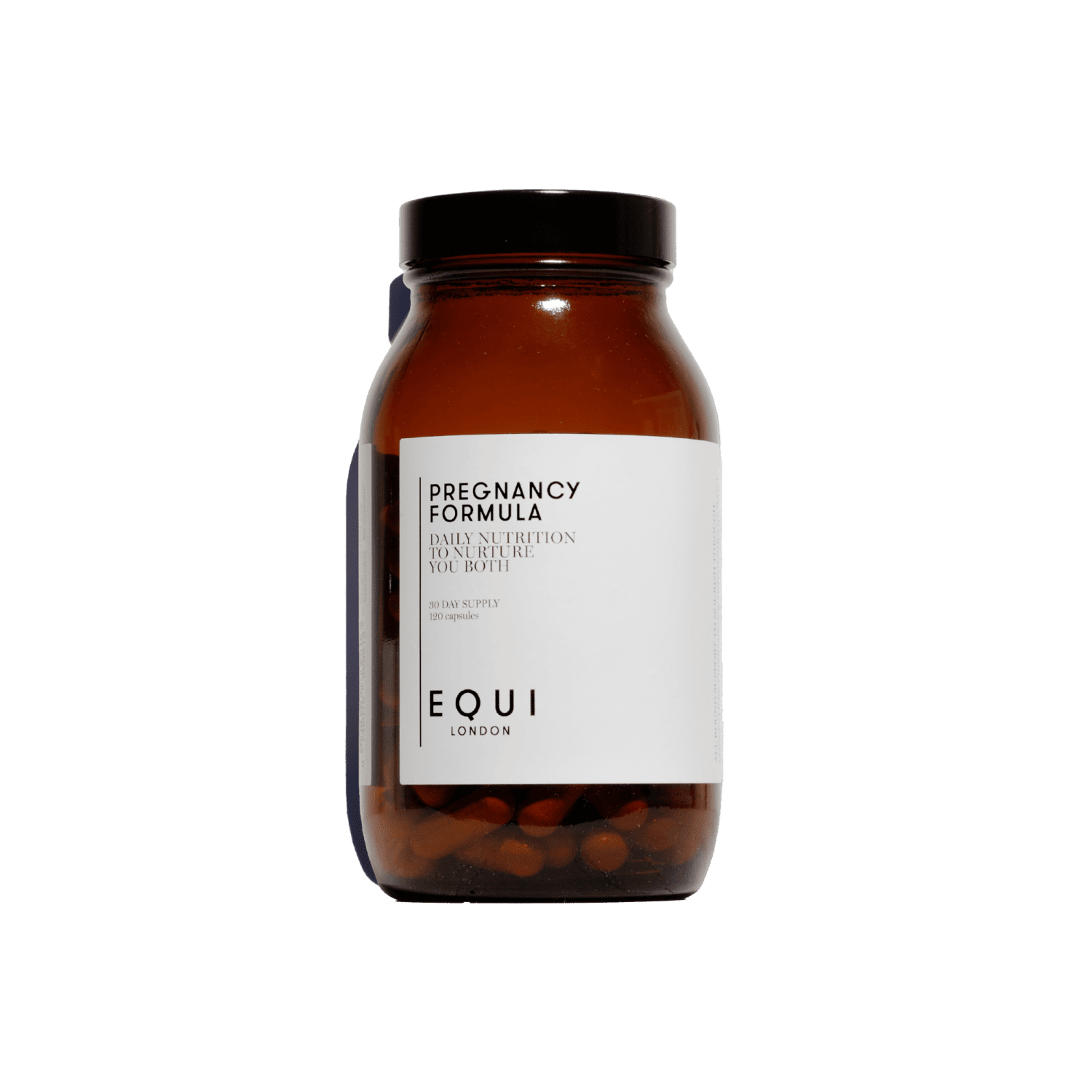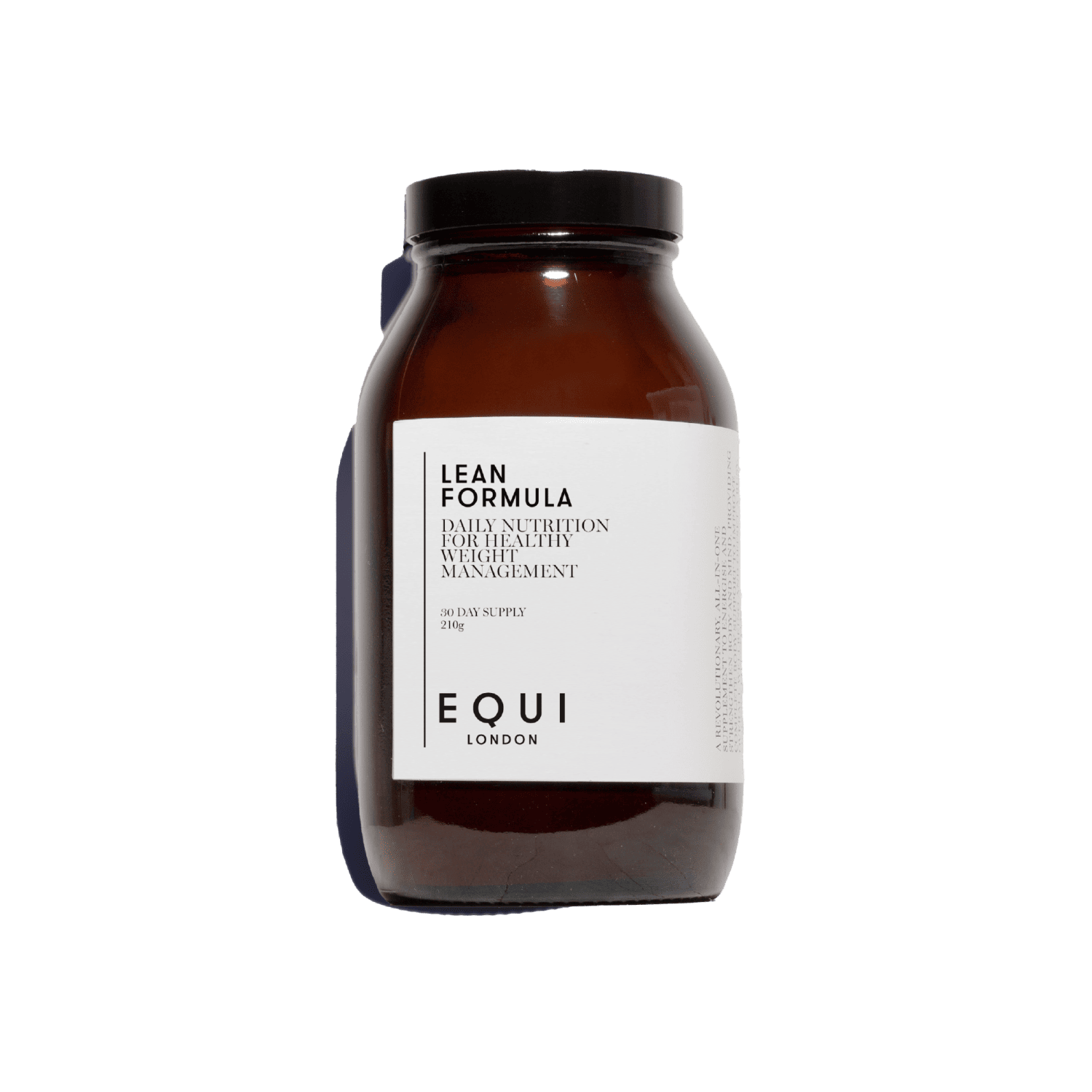
An Expert Guide To What Skincare To Use During The Menopause
It's Menopause Awareness Month and we wanted to tackle one of the most annoying and upsetting issues women face as the as they enter peri-menopause and menopause. Because let's face it, hot flushes, poor sleep and anxiety are bad enough without your skin also becoming problematic. This week we chatted to Dr. Liz Andrew, GP and menopause specialist who shared her best advice with us on everything menopause and skin.
What Skin Changes Are Normal During Menopause?
We all know our hormone balance can play havoc with our skin so it’s no surprise the menopause brings with it some new problems. “The most common change during this time is a reduction in collagen which means skin is likely to look and feel more lax and saggy,” says Dr Liz. “Many women also find their skin becomes drier and more sensitive to certain products and ingredients. It’s also typical for new concerns and problems to arise or for flare-ups of previous ones to reoccur. This can include things such as rosacea, eczema and peri oral dermatitis.”
We at Equi know all too well that the old adage ‘spots are for teenagers’ is sadly not true - this horrid skin condition can rear its ugly head at many stages of a woman’s life. Dr Liz explains that unfortunately menopause can be another time where breakouts can become an issue. “Thankfully with some understanding of these changes and sometimes the use of prescription creams/medications, this can be vastly improved.”
Why has My Skin Changed in Menopause?
The main reason for these changes is due to varying hormone levels at the time of peri-menopause. “It’s the combination of declining and fluctuating oestrogen as well as the balance of progesterone which can cause flare-ups,” explains Dr Liz. “All of the cells in our body have oestrogen receptors and this leads to drier skin as well as a reduction in natural oils, and even changing pH levels which can lead to sensitivity,” she adds.
What Is The Best Way Of Treating Menopausal Skin Changes?
Much like other skin concerns, these changes can typically be treated with an efficacious and consistent skincare routine and it’s best not to overload the skin with too many products. Instead, take a more stripped-back and gentle approach and be mindful of certain ingredients. “Try to look for non-fragranced products and creamy, non-foaming cleansers alongside hydrating moisturisers and serums,” advises Dr Liz who also strongly re-emphasises the importance of wearing SPF every day, all year round. “SPF is a non-negotiable for all skin types, but it is particularly crucial for managing sensitive, ageing skin as well as helping to control conditions such as rosacea. UV exposure can also lead to pigmentation developing so always look for an SPF of at least 30, but preferably 50,” she adds. “If your skin is breaking out, avoid the use of harsh scrubs and peels as this can often only cause further irritation.”
Side note: When it comes to SPF, it’s important to remember that you should aim for dedicated SPF product as part of your skincare routine rather than just using a moisturiser or foundation that contains some added sun protection. We like to use mineral ones, as they contain fewer unnatural chemicals. Be sure to use a decent amount, especially in summer and remember to reapply later in the day (sprays are great here) as they often rub off or break down.
Specific ingredients that can be beneficial to menopausal skin include vitamin C, which is fantastic for brightening dull-looking skin, azelaic acid which can help alleviate redness and hyperpigmentation and retinoids which, as we well know, are a must for ageing skin. Others include ceramides which can help to lock in moisture and combat unwanted dryness and irritation and niacinamide which can also help calm and restore skin. “It’s worth noting here that women who choose to take HRT (hormone replacement therapy) will often find the condition of their skin improving, with some even noting it feels plumper,” adds Dr Liz.
Skin Products For Peri-Menopause and Menopause
“Peri-menopause is the time of fluctuating hormones before a woman’s periods stop and the menopause is the point in time a year after their last period,” says Dr Liz. “During the time of fluctuating, problems such as rosacea and peri oral dermatitis are more common, so a gentle and consistent routine is most effective. Once women are menopausal and their oestrogen levels are persistently low, this is when skin is drier so it’s important to focus on adding moisture back in,” she adds.
Dr Liz sees patients privately at Menopause Care Ltd as an Associate to Dr Naomi Potter. For more info, head over to www.menopausecare.co.uk
Disclaimer: Certain supplements are used for different reasons and a one-size-fits-all approach shouldn’t be adopted. In addition, pregnant women and anyone on medication should always consult a doctor before embarking on a supplements programme. As with all articles on www.equilondon.com, this is no substitution for individual medical or nutritional advice.




